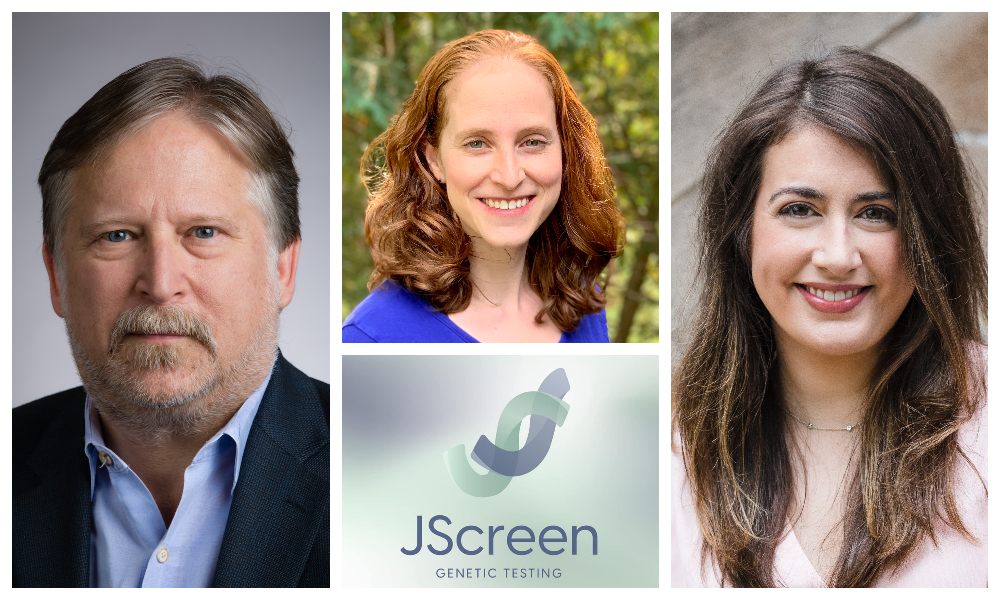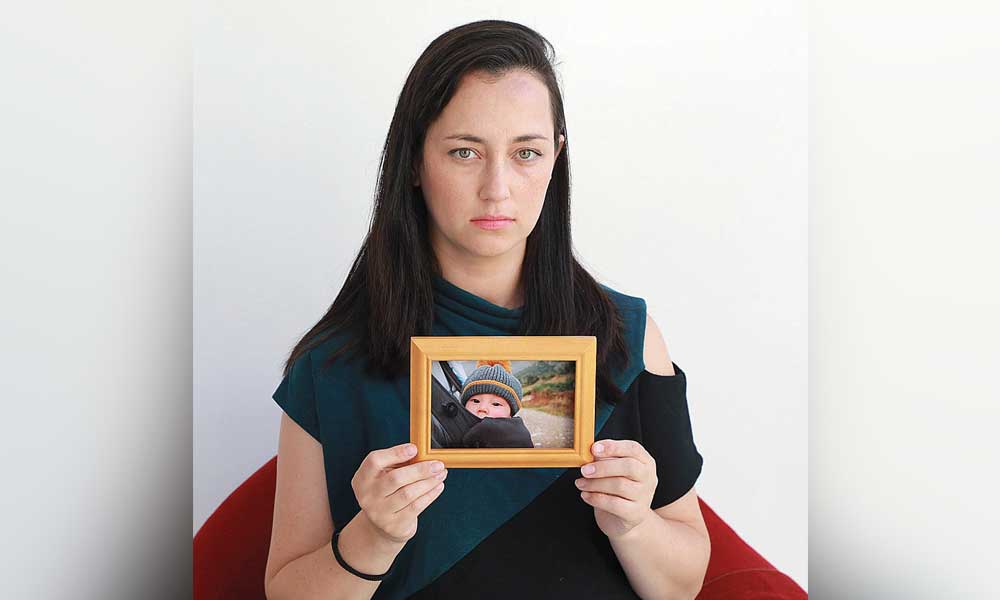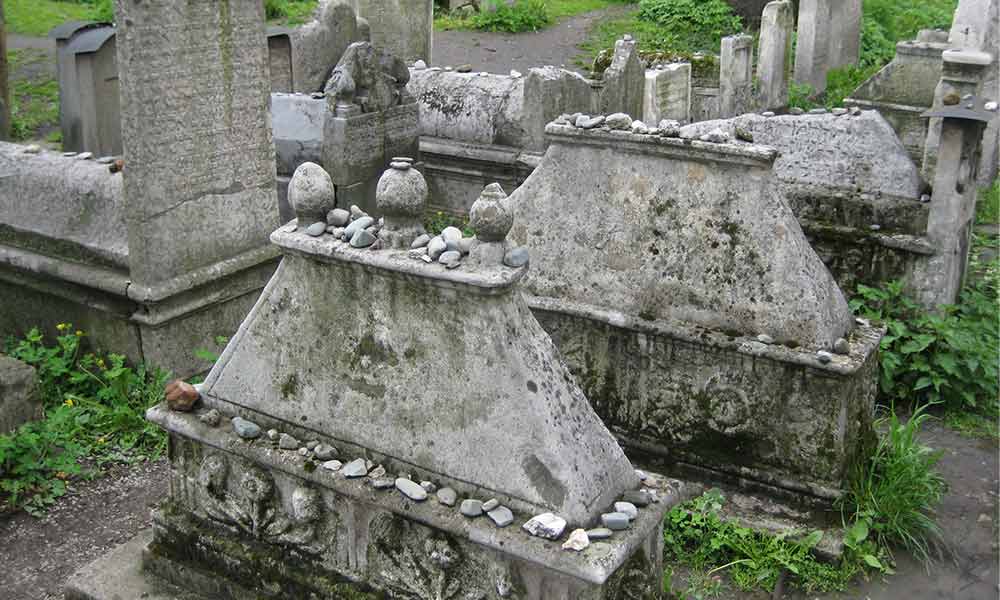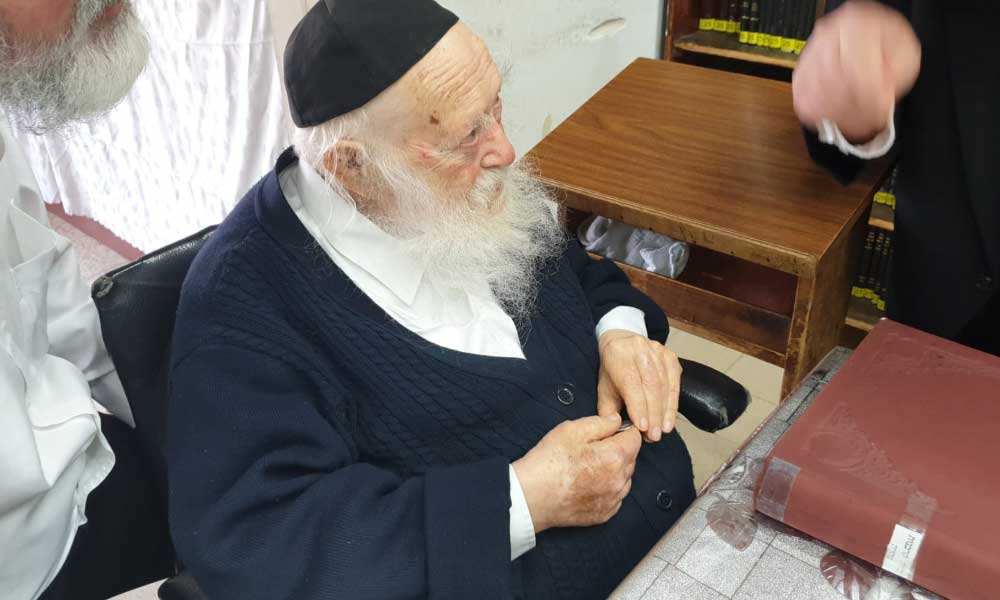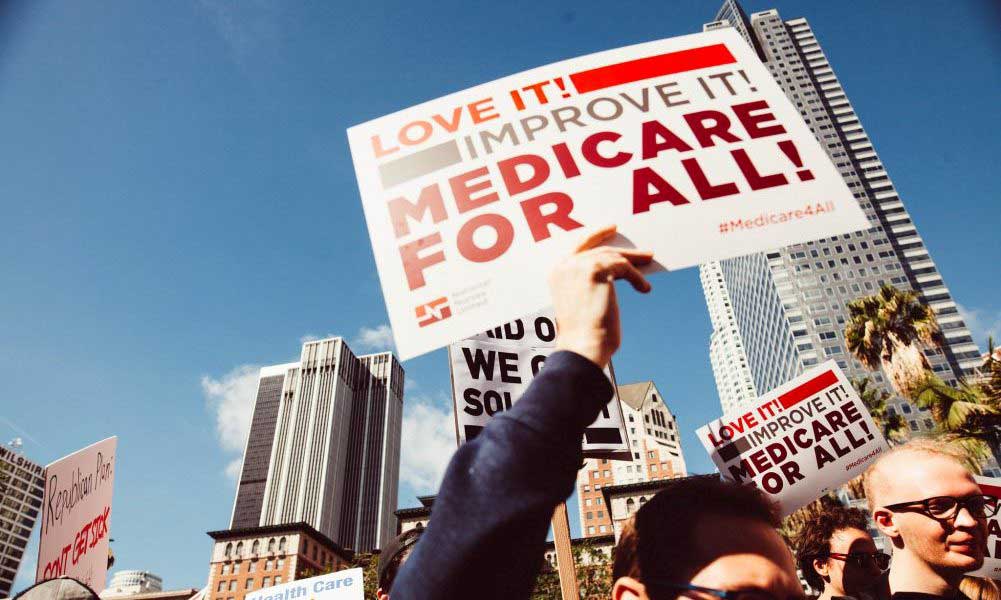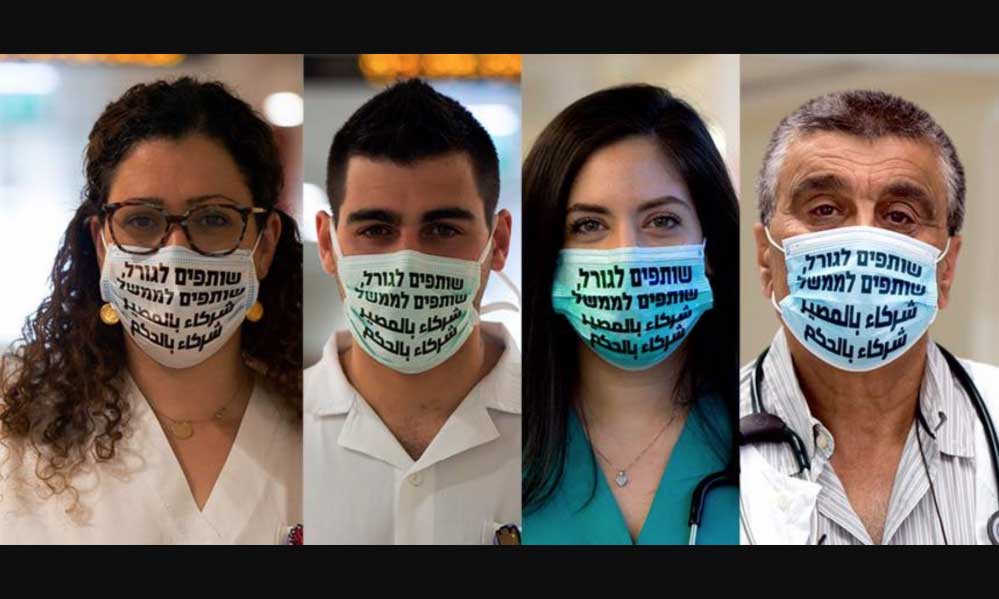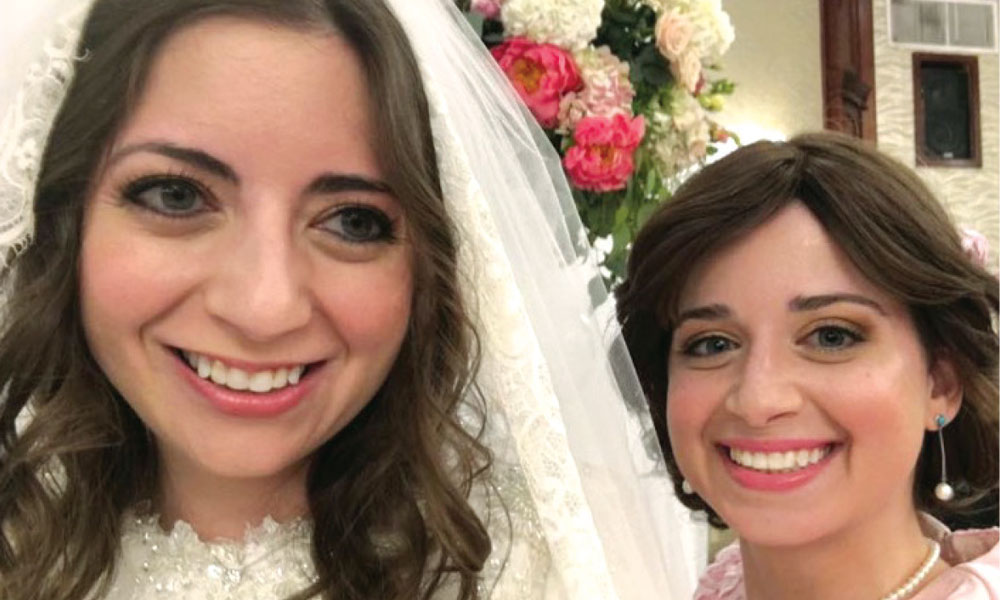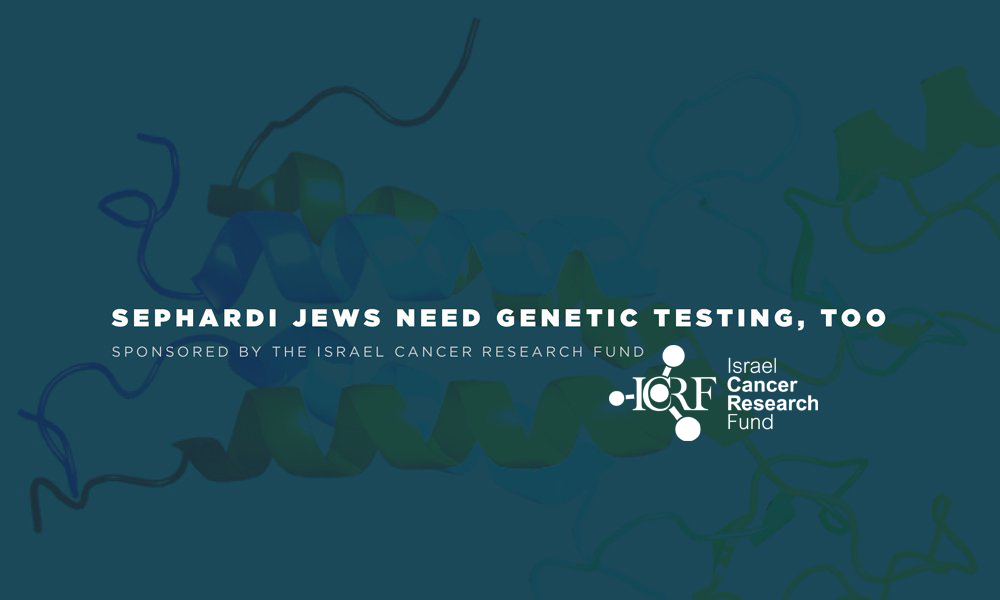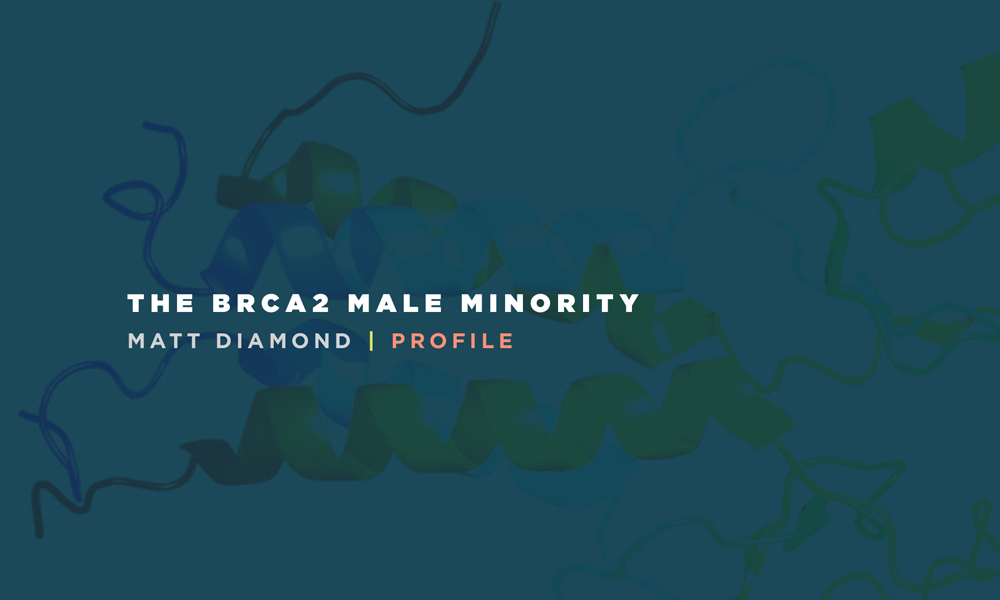Is Ice Cream Good for the Jews?
If ice cream is actually good for you, that’s just the latest of a heap of reasons to eat dairy on the upcoming Shavuot holiday.
Why You Should Know Your DNA: Genetics, Testing and Disease Prevention with Paul Root Wolpe, Ali Rogin and Emily Goldberg
You can’t change your DNA but understanding your genetic makeup might just save your life. Dr. Paul Root Wolpe, director of the Center for Ethics at Emory University and journalist Ali Rogin, author of Beat Breast Cancer Like a Boss: 30 Powerful Stories join JScreen genetic counselor Emily Goldberg for a conversation about the importance of knowing your risk for developing genetic diseases. Learn how to become a ‘previvor’ no matter your ethnic background or gender.
Opinion | A Daycare Tragedy Opens My Eyes
Sometimes a single truth, belatedly discovered, can change one’s world view with surprising swiftness.
Death in the Jewish Tradition
Throughout the ages, the Jewish people have developed customs, rituals and observances to guide us and provide comfort when a loved one dies. Moment Senior Editor Francie Weinman Schwartz, coauthor of The Jewish Moral Virtues with Eugene B. Borowitz, has prepared this compendium to help you make decisions in advance and know what to do when the time comes. Due to safety concerns brought about by the current public health crisis, we’ve also included new traditions to consider.
Opinion | The Rebellion of Israel’s Haredim
In mid-January 2020, when Israelis first became dimly aware of a mysterious new virus coming from far-off China, most of our attention was focused closer to home.
Moment Debate Round Two | Should There be Medicare for All?
In the previous issue, Moment asked David Dayen and Stuart M. Butler to debate whether there should be Medicare for All. Dayen said yes; Butler said no. Here, they respond to each other's arguments.
Opinion | The Other COVID-19 Effect
Like a first-rate burglar breaking into every apartment in a condominium, the COVID-19 pandemic has breached almost every country in the world, catching each one in its own incidental moment of current affairs.
The Promise of Cancer Immunotherapy
In 2010, Rob Densen’s wife was diagnosed with Stage 4 lung cancer. The doctors gave her 36 weeks to live, but she lived for 40 months. “She had a genetic mutation for which there was a targeted therapy,” says Densen. “We got that time because 10 or 15 year
Hadassah Doctor Brings New Hope to Cystic Fibrosis Patients
Twenty five years ago, Dr. Batsheva Kerem and Dr. Eitan Kerem made a significant contribution to the scientific world’s understanding of genetic mutations and cystic fibrosis. Together—with their medical-research teams—they mapped the genetic mutation profile of cystic fibrosis among different Jewish ethnic groups in Israel. Since then, life expectancy for individuals with cystic fibrosis has shifted dramatically, thanks in part to their medical and genetic research and ongoing commitment to fighting the disease. These Israeli doctors, long married, represent two of the world’s major cystic fibrosis research centers: the Hadassah Medical Organization and Hebrew University. Today, the Kerems’ research serves as a map for the genetic counseling many Jewish couples undergo before having children.
Sephardi Jews Need Genetic Testing, Too
For the Jewish community, perhaps the biggest success story in genetic testing is Tay-Sachs: The disease is carried by one in 27 Ashkenazi Jews (who come from Eastern Europe), and nearly always has been fatal. Today, among Ashkenazi Jewish populations, it has been almost entirely eradicated.
The BRCA2 Male Minority
Matt Diamond is a 39-year-old financial planner whose sister happens to be an amateur genealogist. After creating a family tree for a school homework assignment, she was hooked and spent the next 25 years digging into her family’s Ashkenazi roots. In 2014, she sent a saliva sample to a genetic testing company, hoping to find more family members through their DNA database. She was shocked when the test identified her as a carrier for the BRCA2 mutation, a fact later confirmed by her medical doctor.


